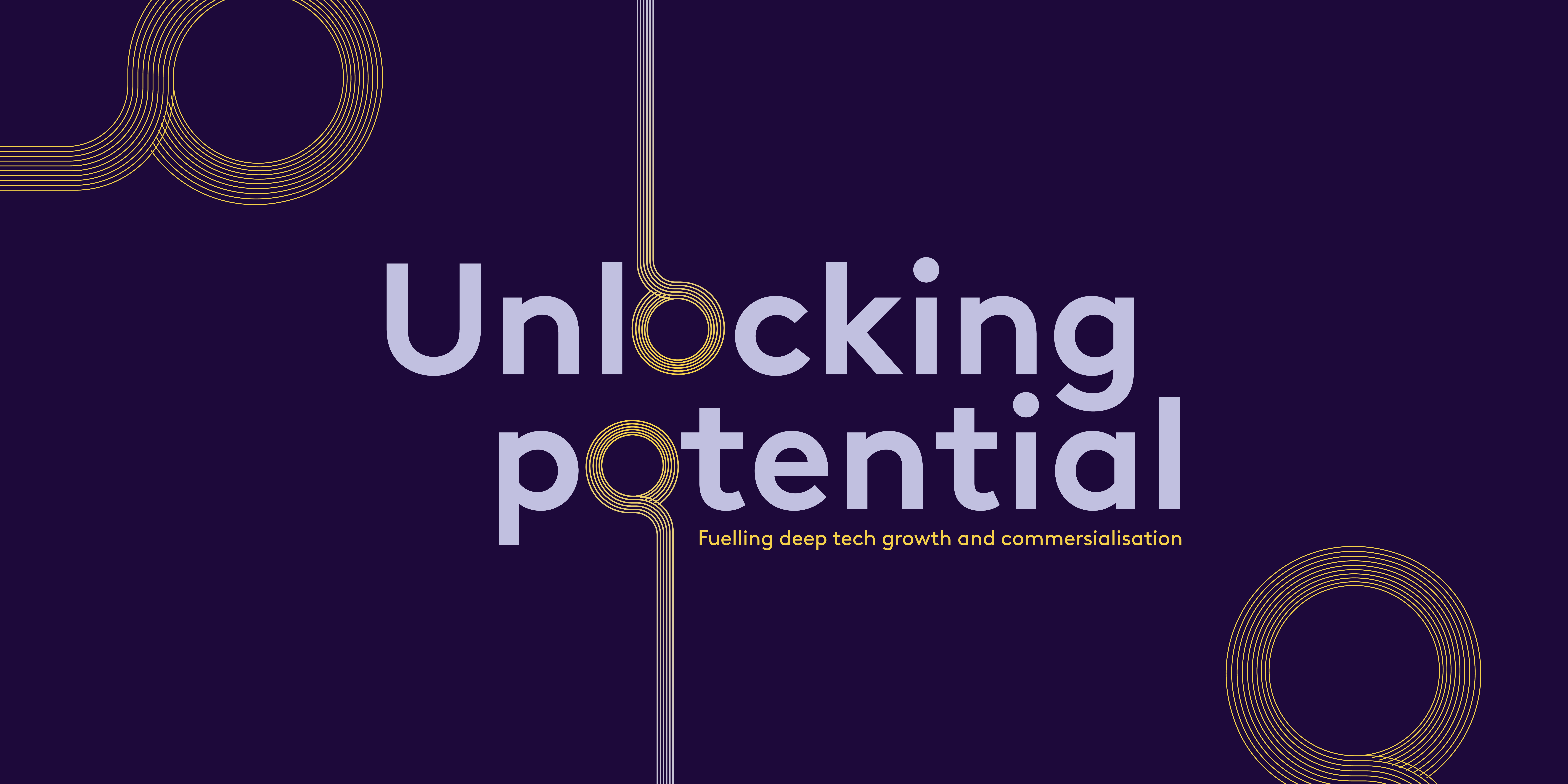What is the right banking solution for you?
Legal requirements
Regardless of which bank you go with, in order to open a business bank account in the US you will be required to provide four pieces of information: the articles of incorporation for your company, an EIN number, government-issued photo ID and Know-Your-Customer (KYC) information for whomever is signing. Those requirements are uniform across the board regardless of banking institution.
Individual bank requirements
In addition to the legal requirements above, banks will likely require additional information from you that may vary, and some will have more requirements than others. Some common items and disclosures required by banks, like First Republic:
• US business address – if you are opening a bank account prior to setting up your physical office, you will need to choose a bank that does not require a US business address.
• Minimum deposit – varies by bank, but generally a nominal amount.
• Certificates of good standing – some banks require these documents to prove you are authorized to do business in a particular state.
• Certificate of incumbency – this document simply identifies and verifies the directors and officers at your company that are authorized to enter into legally binding contracts on behalf of the business.
• Banking resolution – this document specifies who may sign checks, open a bank account or make banking decisions on behalf of the company and is issued by the Board of Directors.
• Operating agreement / corporate bylaws – these are generally not required by most banks but are considered “nice-to-haves.”
Certain banks may allow your company to bypass some of the non-legal requirements or can expedite the setup process if you have a reliable and trustworthy referral source with whom the bank already has a relationship. For instance, if you are VC-backed and your VC firm has a well-established reputation, your VC can vouch for your company and help reduce some of the information requirements.
“ Build a book of business or sufficient demand before building your base of operations in the US. Start small and test the market; you don’t need to invest heavily to assess traction.” Paolo Wyatt, graze.com
Setting up an account in-person vs. online
Most of the bigger, international banks like First Republic, SVB, HSBC, will allow you to set up your US bank account online without being physically present in the US However, even when that is the case, it is usually recommended to have someone present in the US either from your team, your VC or accounting firm. If there are follow up questions about your business, banks sometimes prefer to handle that face-to-face rather than online.
In general, banks are more concerned about what your business does and what your intentions are with your move to the US They may also have lists of companies, business lines or industries with which they will not work – an example currently is crypto-wallets or blockchain companies that may be pursuing an ICO. These types of companies are somewhat unregulated and could be considered a risk which a bank may not accept.
Choosing a banking provider: key considerations
Just as banks have a set of criteria from which they choose businesses to work with, you should also have criteria for choosing a banking provider. Here are some of the key things to consider when evaluating a bank:
• Do they have a dedicated banking team that you can call or email directly? Making sure you have direct access to your bank in the case of an emergency is crucial.
• Can all the banking be done seamlessly on mobile or through an online portal? One thing to keep in mind if you are using the same bank in the US that you use in Europe: you will most likely have separate portals for each account. Banks rarely have one portal for US and European bank accounts which means two sets of login credentials and two accounts to manage.
• What fees and charges does the bank have? In particular, pay attention to late fees, interest charged and withdrawal limits often hidden in the fine print of banking agreements.
• Do they have a division that specializes in working with startups? Having a bank that works with other startups can be important in the long-run. Startups operate differently than other small and large businesses and it’s helpful to have a bank that understands the needs of startups and how they operate.
• What can the bank provide other than banking services? While a business bank account might be all you need right now, it doesn’t hurt to think long-term about how your banking relationship can benefit your startup. Is the bank a potential customer? Will the bank be willing to provide introductions to investors, attorneys or provide other financial advice?
“ Social Security Number; bank account; phone: the three basics. Everything else flows from them in the US and without them it’s very difficult to move onto the bigger things like where to live and getting paid. Get these sorted before you arrive. It’s even worth considering visiting a few weeks before you actually move to do so.” James Allgrove, Stripe













